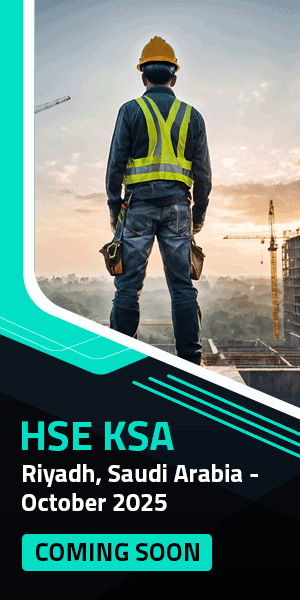
The qualification is suitable for a variety of road users, including those operating off-road and heavy vehicles. (Image source: Adobe Stock)
The Royal Society for the Prevention of Accidents (RoSPA) has launched the RoSPA Level 2 International Award in Defensive Driving, and has been named as an accredited provider of Defensive Driver Training by the International Association of Oil and Gas Producers (IOGP)
Developed by the RoSPA Qualifications team, the RoSPA Level 2 International Award in Defensive Driving aims to improve a driver’s ability to drive safely and with confidence in whatever environment and conditions they operate in. The qualification is available to organisations whose employees drive regularly for work, on public roads and company premises.
The international qualification in defensive driving will see qualification centres offer defensive driving techniques such as hazard awareness, speed management, and risk assessment. Suitable for a variety of road users, including those operating off-road and heavy vehicles, the qualification ensures drivers understand the legal, cultural, and environmental requirements of driving in their region. They will also be educated on human factors such as distractions, fatigue and driver behaviour, and journey conditions, including driving on different types of road surface and the use of vehicle safety systems.
Penny Brooks, Driver Qualifications portfolio manager, said,
“We are proud to say that RoSPA has been accredited by the IOGP and now provides the oil and gas sector with a qualification that seeks to improve safety and save lives.”
Accidents involving road vehicles are a leading cause of death and injury in the oil and gas sector. Vehicle-related accidents contributed to more than a quarter of worker deaths in the USA’s oil and gas industry from 2014-2019, according to a report from the USA’s CDC, with around 20% of these involving lone workers.









